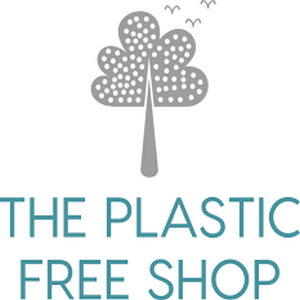
 Marine pollution is no longer a secret, and the plastic continents formed in the oceans are unfortunately continually expanding. But numerous initiatives are being launched mixing ecological and commercial projects.
Marine pollution is no longer a secret, and the plastic continents formed in the oceans are unfortunately continually expanding. But numerous initiatives are being launched mixing ecological and commercial projects.
Thus, Ben, David and Kevin launched Net Positiva, an initiative based in Chile aiming to collect fishing waste along the coasts. The association collects and recycles fishing nets, representing more than 10% of the waste rejected into the oceans, due to a lack of means for craftsmen to recycle them.
From there, all that was needed for the three young men was to find an idea to make these recycled nets into a new object. The nets are sorted and shredded, to obtain a new life and become skateboards. To produce them in Santiago (Chile), the three Net Positiva creators once again took things in hand by creating the company, Bureo, and a skateboard model.
In the form of a fish, "The Minnow" presents itself as a product combining eco-responsability, robustness and practicality, with the board comprising around 9 square metres of fishing nets. Whilst the young start-up makes its own boards, it has called on recognised brands for the rest of the "Minnows" parts. The wheels are made by Satori from 30% vegetable oils and recycled materials. The fixing systme is by Paris Trucks. Seeing the skateboard as a real means of transport, Bureo has also added a simple attachment, where you can attach an anti-theft device.
Having collected more than 61,000 dollars in crowdfunding on Kickstarter, Bureo is currently shipping its first skateboards. In addition, "The Minnow" is also on sale on Bureo's e-shop, at the price of 149 dollars (around 117,60 euros).
* Photo from the Bureo Kickstarter page
News in the same category
With Spawax, Veet wants to bring the beauty salon experience to its customers' homes. By melting and keeping wax at the ideal temperature, the machine lets you carry out stripless waxing.
Seen as the future in world food, edible insects are being transformed for the more reticent. While Micronutris raises them and produces chocolates, crackers and biscuits, Ento is going for innovative restaurants.
Based on consumer research, supermarkets are cited as being a leading source of plastic based waste although some are adopting methods to reduce their plastic footprints. However, it's not the responsibility of the big players to begin creating a shift.
Sainsbury's Entertainment On Demand just relaunched its music platform last week with a new design, mobile optimisation and Nectar points.




